Originally published in Environmental Business Journal® Mergers & Acquisitions 2023
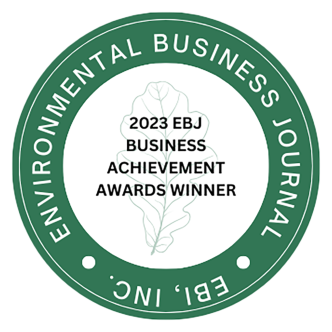
Founded in 1981, SWCA is a leading global, 100% employee-owned environmental consultancy providing a full spectrum of environmental services focused on planning, natural and cultural resources management, energy transition, permitting, regulatory compliance, water resources, ecological restoration, and disaster and resilience. SWCA is renowned for excellence in combining scientific expertise with in-depth knowledge of permitting and compliance protocols to achieve technically sound, cost-effective solutions for environmental projects.
SWCA achieved record-breaking business growth in 2023, with over $315 million in sales and increasing revenue 31% over 2022. With over 1,650 employees, we have 40 offices throughout the United States and an office in Monterey, Mexico, along with employees in the Netherlands, Portugal, and Sweden.
Q: Congratulations on the recent acquisition of ALO Advisors. Can you provide an overview of the transaction? How significant is this acquisition to SWCA and how will it support its growth strategy?
A: SWCA’s acquisition of ALO Advisors (ALO) not only set the bar for more technical firms to move into management consulting on the challenging questions of sustainability and ESG, but also has produced one of the best examples of how this type of partnership can work effectively with a clear vision and cultural compatibility.
The integration of the two firms’ expertise, sector presence, and geographic coverage provides SWCA clients with a unique offering in the environmental and sustainability space. The former ALO team already had a prominent position with multi-nationals looking to sustain differently. This team helps companies develop sustainability strategies that are compatible with their other business needs and drivers, assimilating with their ways of working and becoming a resilient part of their business model.
An example of the new sustainability and management consulting offerings at SWCA is the Return on Sustainability Investment (ROSI) model. ALO, in partnership with the New York University Stern Center for Sustainable Business, helped pioneer ROSI, which allows corporations to monetize the full value of investments in sustainability initiatives.
While the former ALO team applies this expertise and many other offerings effectively across client sectors and geographies, SWCA executes the strategies that ALO develops by turning them into project implementations. This combined SWCA Sustainability and Management Consulting team offers end-to-end services that walk clients through investment and implementation toward beneficial returns.
Another noteworthy outcome of this collaboration is the diversification of SWCA’s client base. ALO has played a crucial role in bringing in manufacturing clients, expanding the range of industries we serve.
Finally, the merger provides tremendous opportunities for the staff of both companies. SWCA and ALO consultants alike can now provide a broader range of services to their clients, offering employees continuous learning, professional development, and collaboration.

Q: What type of assets was SWCA looking for while searching for deals?
A: SWCA’s growth engine is our people and their ability to deliver for our clients. While most of our growth is organic, acquisitions complement our strategic growth initiatives. All firms that SWCA evaluates must match our culture first and foremost. As a 100% employee-owned company, we must find firms, leaders, and people that align with our purpose and strategic vision to be the best workplace, an industry leader in sustainability, and bring sound science and creative solutions to global environmental challenges. We prioritize firms that meet our growth strategy – the geographies, markets, clients, and service areas where we want to further expand. SWCA acquires successful firms to assist in creating positive impact and value for our people, clients, and communities.
Q: What are the most common misconceptions about M&A in the environmental industry?
A: Each firm has its own way of pursuing mergers and acquisitions. To us, the process done right takes time. The typical timeframe from initial discussions to close and integration is 6-8 months for SWCA. We’ve had to walk away from attractive firms because they expect the process to take 1-2 months. We like to spend time ahead of the close working on a success plan that includes integration. This is a two-way street on the road to a meaningful partnership. It isn’t only the responsibility of the acquired entity to be successful; SWCA places the company, their people, and their clients in the best position for sustained prosperity.
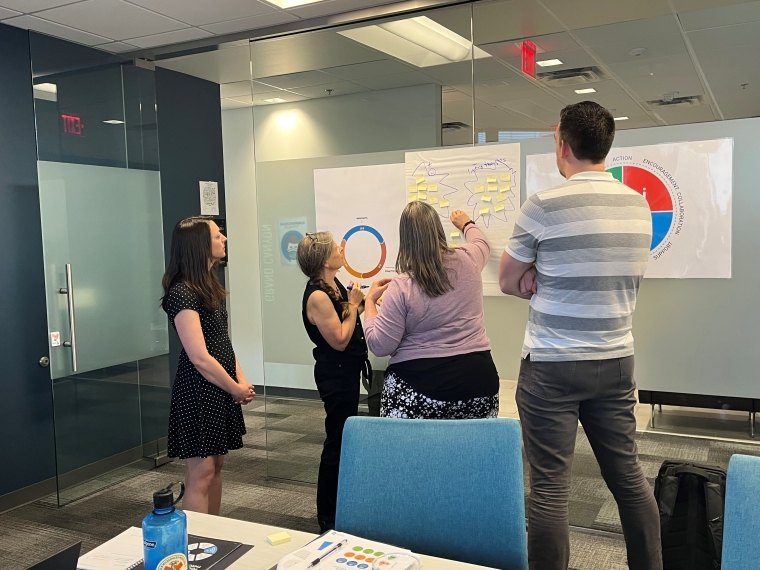
Q: Through the acquisition of ALO, SWCA added sustainability and management consulting services. Can you provide an overview of both markets?
A: The sustainability market is moving from a public commitment and promises phase to a period in which stakeholders expect to see measurable progress with positive and meaningful impact. Consumers, policy makers, and financiers are beginning to push back on greenwashing and those asserting their ESG position to be stronger than it really is. Many are now looking for real progress as we leave the age of glossy sustainability reports and enter the age of standardized, rigorous, and obligatory reporting. It’s a big switch and many organizations are moving rapidly first to understand, then to comply.
Management consultants have also noticed these emerging changes and needs, with many of the major companies offering strategic services in sustainability and ESG consulting. SWCA is positioned uniquely in the management consulting market because we are staffed with scientists, engineers, environmental planners, and cultural and natural resources experts that we couple with our sustainability strategy expertise.
Q: Can you discuss any partnerships or collaborations that have significantly advanced your company’s objectives?
A: Through the strategic integration of SWCA and ALO, we streamlined the pathway for international expansion, particularly in sustainability and management consulting services, and extended our capabilities across the spectrum of SWCA’s offerings. Collaborating with the former ALO team enables us to deliver end-to-end solutions, combining their sustainability and management consulting services with SWCA’s scientific, technical, and engineering capabilities.
Q: Can you describe a scenario where your company had to pivot its company strategy to address unforeseen challenges?
A: Entering the pandemic, SWCA had a loosely defined distributed workforce, hiring good people no matter where they worked. Yet, we weren’t consistently leveraging this approach across SWCA. Our plan to fully migrate to this workforce model was upended and accelerated by the pandemic. We quickly pivoted to a Future of Work model with the goals of supporting our people and making Future of Work a differentiator for SWCA.
We recognize that employees benefit from having the ability to work how they are most productive. SWCA adopted new workplace habits, skills, and resources that ensure we can continue doing our best work in a nimble, resilient work structure that is sustainable for our employees and clients. We established a task force to gather information and create tools to help facilitate a smooth transition to a work structure that includes more office, hybrid, remote, and field employees. Among other things, this team reviewed our processes and systems to ensure that they fairly and equitably support all employees regardless of work location. SWCA’s Future of Work model will continue to emphasize flexibility and adaptability as we incorporate more remote and hybrid staff into our office and field workforce.

Q: How are you navigating the balance between immediate financial gains and long-term growth & goals?
A: As a 100% employee-owned company, SWCA takes a long-term approach to our success. We lead through developing our teams, delivering for our clients, and driving performance. We have high expectations to achieve well-balanced success, but we can take a longer-term approach with our business model, because SWCA doesn’t have the same demands a publicly traded company or private equity-owned firm may have for immediate or short-term performance.
Our model has worked for over four decades, and we feel it is a differentiator in an industry with few firms left that are our size with a pure environmental focus. The balanced approach we utilize not only includes revenue, sales, and earnings, but also emphasizes employee engagement scores, turnover, and client net promoter scores. A key component of SWCA’s strategic vision is continuing to grow our people and business, while remaining employee owned. This alignment of shared success as a team allows SWCA to navigate the balance between near-term financial gains and long-term growth and goals.
Q: How do you ensure continuous improvement in company performance, profitability, and growth?
A: We start with our core values of Never Settle, Always Learning, One SWCA, and Gives Back. For us, these values mean we are always looking at how we can empower our people and better serve our clients. We regularly evaluate how we can improve our collaboration across the business and give back to the communities where we work, live, and play. Our desire for continual improvement is in our company’s DNA.
SWCA’s executive team regularly analyzes leading indicators to monitor and improve our performance wherever possible and strives to remain flexible to changing conditions in the markets we serve. Our ability to collaboratively work with teams across the business is a key success factor in our growth and sustained business performance.
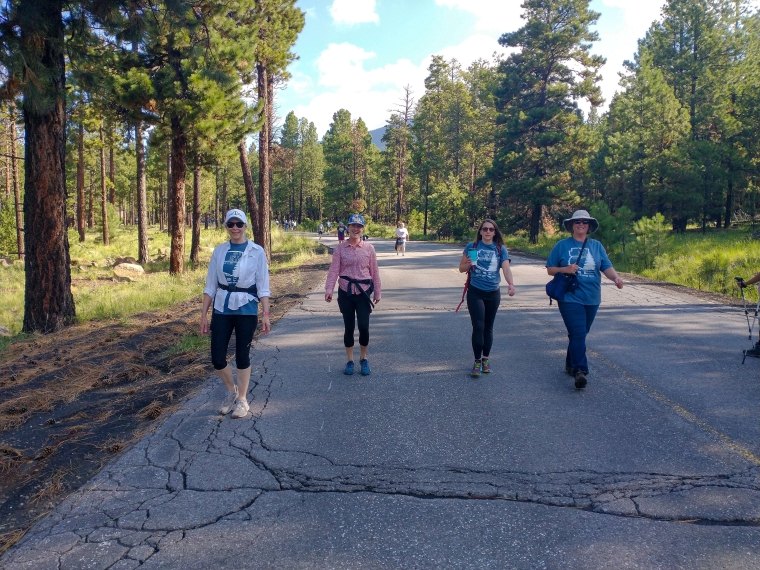
Q: What technologies / services has your company created to address environmental challenges?
A: SWCA anticipates client needs and strives to be at the forefront of technology solutions for our clients, including how we capture, organize, and deliver high-quality data efficiently, allowing them to make more informed decisions. For example, SWCA’s data acquisition services include precision airborne leak detection and fugitive emissions monitoring via drone-mounted sensors; current technology deployments enable us to detect greenhouse gases emitting at 5 parts per million/cubic meter and greater. These remote sensing capabilities provide numerous efficiencies, including comprehensive coverage of large areas containing hundreds or even thousands of assets, with less manpower and resources than standard fixed location or terrestrial detection methods.
SWCA works closely with our clients to establish custom detection parameters, enabling the prioritization of repairs. By tracking monthly emission scans over time, data can be used to identify trends and develop predictive maintenance schedules. This ultimately reduces our clients’ annual fugitive emissions footprint and provides accurate, repeatable, and actionable metrics. Having access to these data contributes to our clients’ cost savings, environmental, social, and governance (ESG) goals, and shareholder communications.
SWCA sees the implementation of these services as a way for companies to get ahead of anticipated compliance needs related to U.S. Environmental Protection Agency standards, specifically Subpart OOOOb, prior to this rule’s effective date. SWCA’s innovative emissions detection and monitoring services help our clients improve operational efficiency while protecting the environment from greenhouse gas emissions, which further underscores our commitment to sound science and creative solutions.
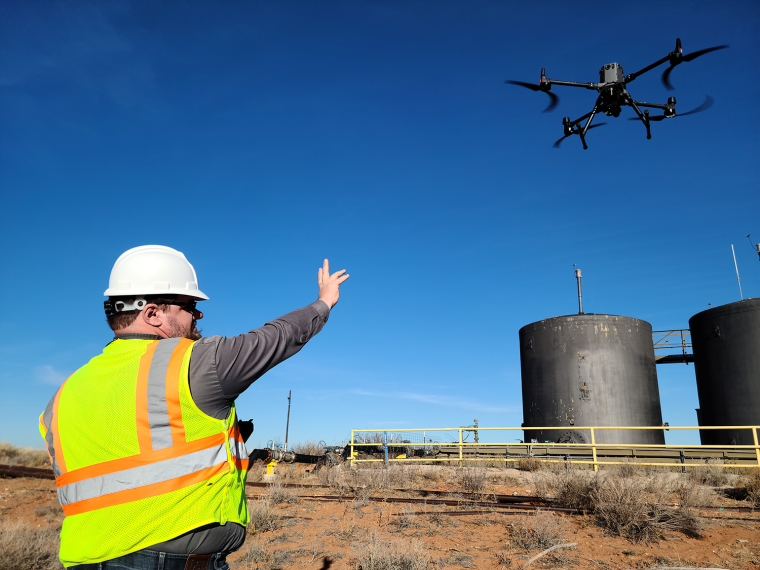
Meet the Experts
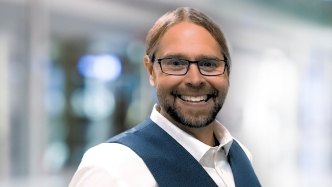
Joseph J. Fluder, III, CEO and President of SWCA, is passionate about delivering sound science and creative solutions to clients and ensuring SWCA is a great place to work for employees. He works with the Board of Directors and leadership to define the strategic vision and develop strategies that result in employee retention, high-quality deliverables, strong financial performance, and growth that provides value to employees, clients, and communities. He focuses SWCA on what makes the organization unique: leading with scientific and technical prowess, reinforcing strong company culture, maintaining an employee ownership structure, harnessing the latest technologies, and offering clients national capabilities and local expertise.
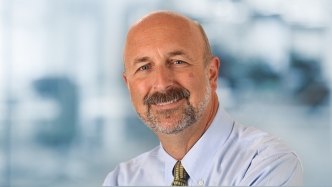
Robert Kloepfer is SWCA’s Global Strategic Management Officer and has experience in leading business and client development, service delivery, operational management, and staff development programs. Bob has worked with many of the world’s leading corporations, often at the executive and Board level, on the design, development, and implementation of systems to maximize effective environmental, health & safety (EHS) regulatory compliance, risk control, sustainability and ESG. He has also served on the boards of directors of several environmental consulting firms.
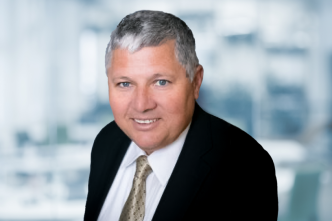
John Platko serves as the Vice President of SWCA’s Sustainability and Management Consulting service. He has more than 30 years of business, sustainability, environmental, health and safety leadership experience. His client engagements involve the development and implementation of strategies, plans and programs that emphasize simultaneous creation of business, environmental and social value for private sector clients, NGOs and multilateral organizations operating domestically and internationally.
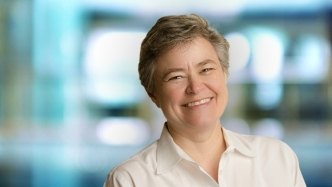
Linda Lannen is SWCA’s Chief Technology Officer. She has more than 20 years of experience in the AEC industry, tackling the most daunting of technology projects, including ERP system replacements, wide area network migrations, data center to cloud migrations, and implementations of enterprise security programs. She has previously worked for a variety of firms, ranging from dot-coms to Fortune 500 companies, and across industries including environmental engineering, telecommunications research, and food manufacturing.
